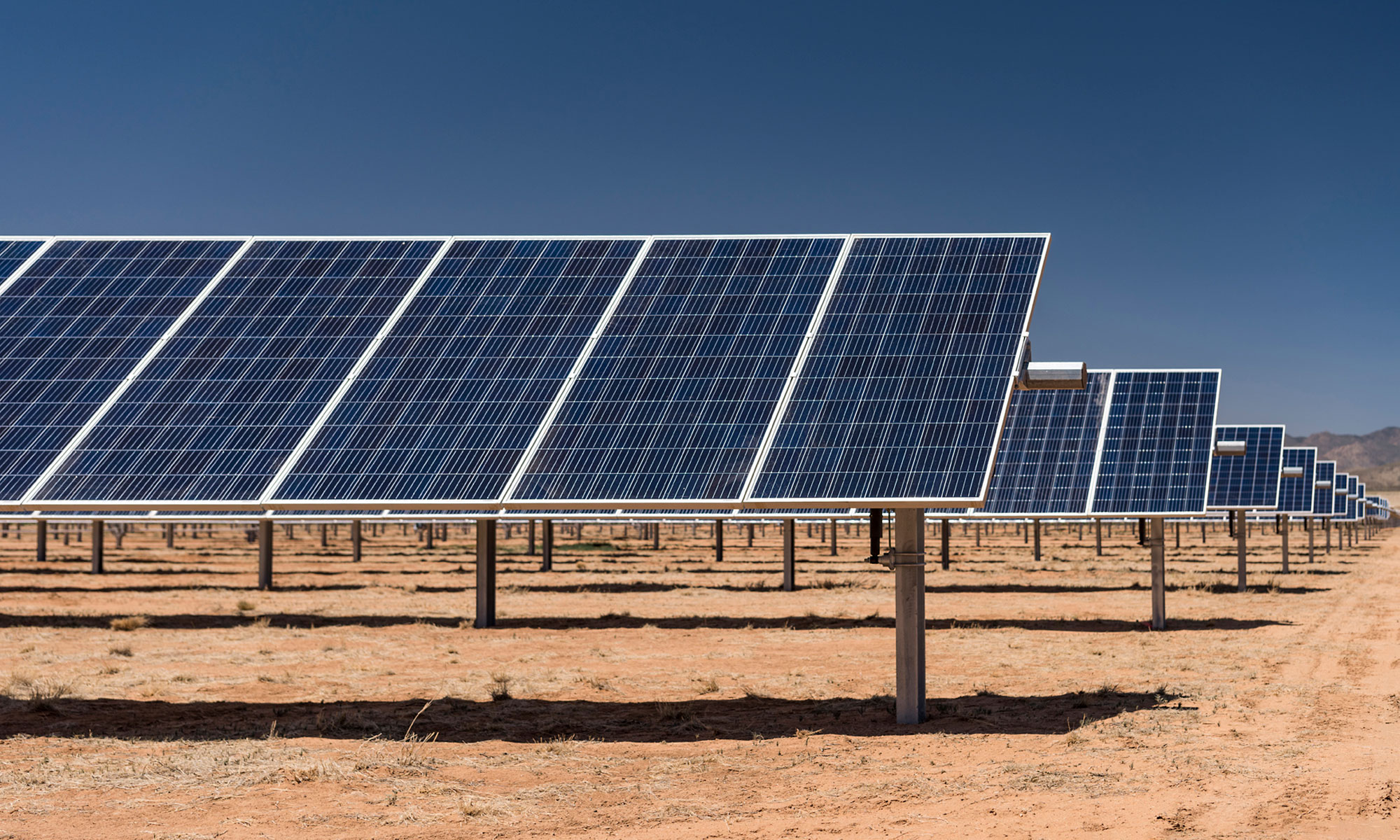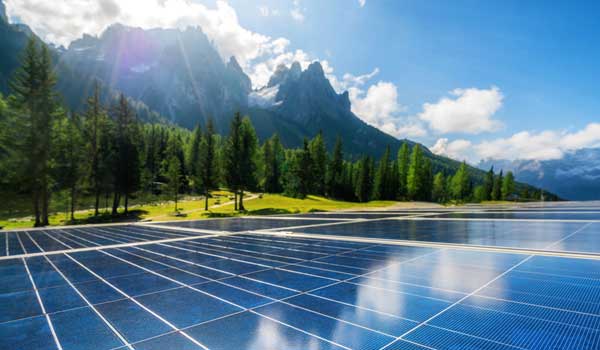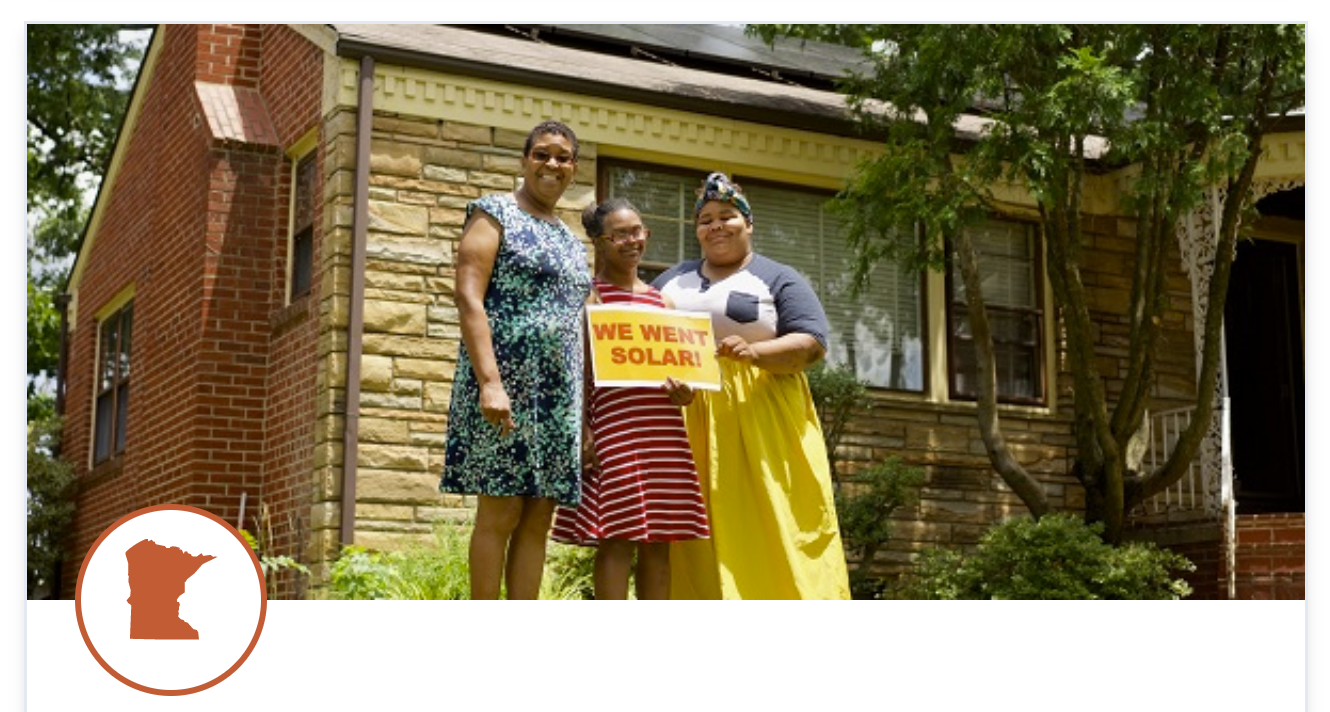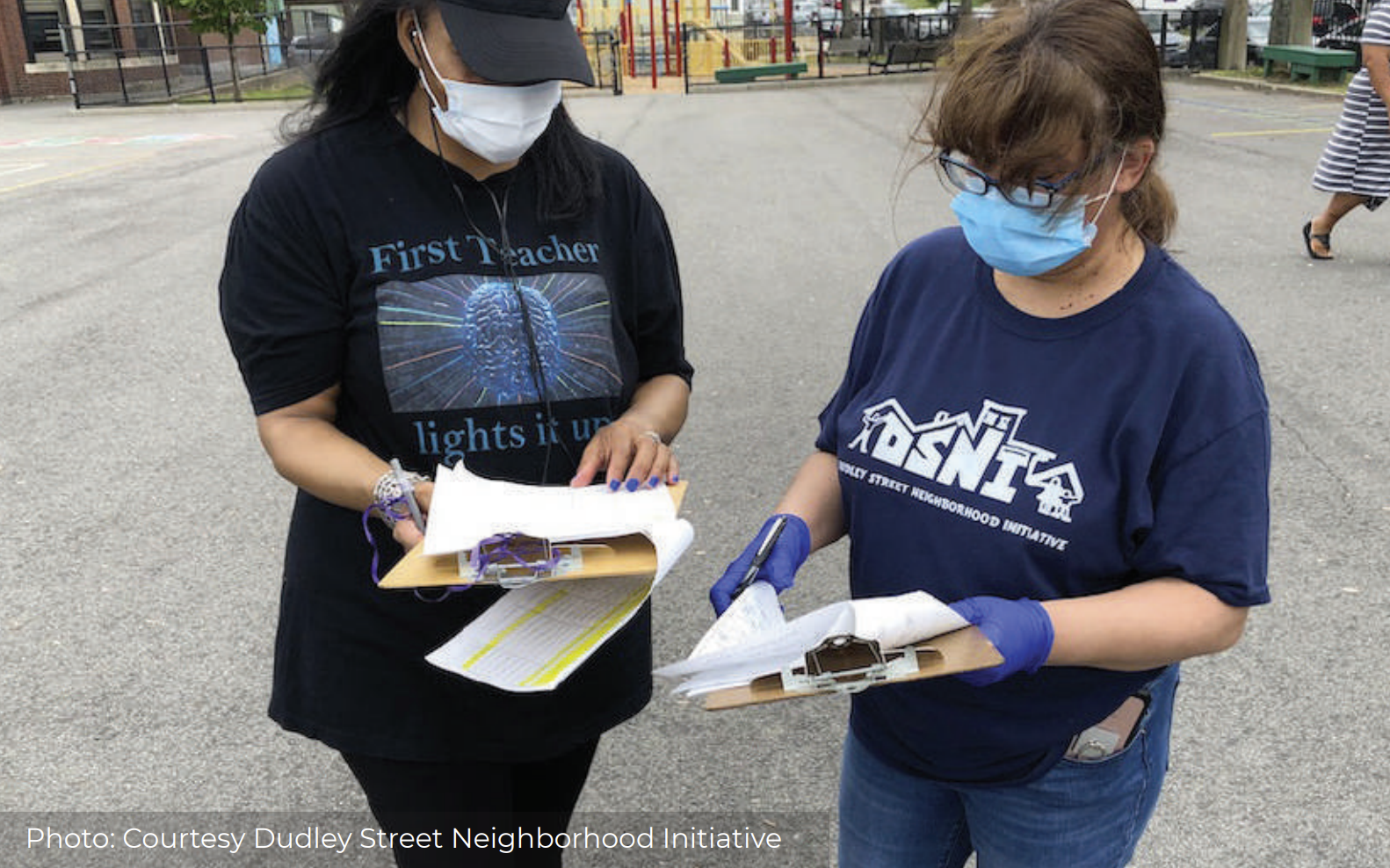Low-Wealth Solar Policy Round Up: Progress for Health and Safety
Sound energy and environmental policy must advance health and economic opportunities for all regardless of race and wealth. As we move into the summer months and hopefully the end of COVID-19, we have seen states and communities make great progress towards improved health and safety of their communities.
This blog is part of a series on low-income solar policy and best practices across the U.S.
The relationship between health, safety, energy cannot be understated. The work states do to advance community solar, 100% energy goals and environmental justice create better health outcomes for low and moderate-income communities.This month’s call focused on work that is advancing equitable energy and health outcomes for communities. Here’s what June’s call covered:

Interior West Legislative and Commission Updates
The Arizona Corporation Commission (ACC) voted 3-2 on May 26th to restart a rulemaking process to establish a 100% clean energy standard for the state. Click here to read more about how Arizona got back on track.
The Colorado legislature is busy at work on SB 21-200 which would enact sector-by-sector pollution reduction targets, create an environmental justice ombudsperson position and an environmental justice advisory board that will work collaboratively in the state. On the House side, HB 21-1266 would define “disproportionately impacted communities,” require the air quality control commission to promote outreach and engagement with disproportionately impacted communities, create new ways to gather input, and the development of a comprehensive environmental justice plan for the state. The bill also creates the environmental justice action task force to propose recommendations to the General Assembly regarding a practical means of addressing environmental justice inequities.
In Nevada, SB 448 has passed and is on the Governor’s desk. This bill will make substantial investments in renewable energy and transportation electrification. It will also increase opportunities for rooftop solar in commercial and apartment buildings by clarifying existing laws and programs and expanding the rooftop solar tax credit to include battery storage; Align the utility planning process with state climate goals by requiring utilities to forecast how they could achieve an 80% reduction in their carbon dioxide emissions from 2005 levels by the year 2030; and Invest in historically underserved communities by doubling funding for energy efficiency programs and earmarking $40 million for transportation electrification.
Low-income Solar Co-ops in Minnesota, Solar United Neighbors
Two low-income solar co-ops are going in Minnesota, one in Northern Minnesota in the arrowhead region of the state that includes Duluth (and surrounding St. Louis, Lake, Cook, Carlton and Pines Counties) and another in the Twin Cities metro area. The two co-ops partnered with a community land trust in their area: City of Lakes Community Land Trust in Minneapolis and One Roof Community Housing in Duluth. A community land trust is an organization that owns land on behalf of a community and there is a requirement that the home can only be sold to a qualified low-income purchaser. This is a way to make sure that affordable housing exists. Both of the land trusts that they eventually worked with were interested in solar as a way to reduce energy burden and improve health outcomes for their communities.
There were many challenges with adding solar like the upfront cost, confusion, and finding trusted sources to help navigate the process. In both of the co-ops they shared with the community about the benefits of solar. Depending on which area of the state a customer lives, low-income qualified individuals are able to take advantage of incentives.
Investing in a Better Massachusetts: Conversations with Frontline Organization on Connecting Climate and Community Priorities
Climate XChange produced a report to highlight the priorities of frontline organizations across Massachusetts for how to best allocate government investments spurred by this moment of economic, social, and climate crises. Climate XChange partnered with Fairmount-Indigo CDC Collaborative and spoke to a broad set of individuals from organizations working with frontline communities about their priorities for investment spending. Pairing storytelling with and understanding community priorities in the state for stimulus spending was important.
In their interviews, they started with asking about the immediate challenges and the long term vision for the community and climate was never the first thing to come up. This report was more about the values of stimulus spending over four investment areas: job creation, housing, infrastructure, design and process. They spoke to 29 frontline organizations from across the state and came away with values that should resonate with any public investment program: centering needs and voices of frontline communities, not repeating historical inequities in systems, increasing social mobility, building on existing successful programs, and fostering community leadership and empowerment.

Oregon Community Solar Update
The Oregon Community Solar program was established by the Oregon Legislature in 2016 SB 1547. The program is administered in partnership with Energy Solutions, Energy Trust of Oregon and Community Energy Project. The Community Energy Project is the program’s low-income solar facilitator and is available to assist subscribers and communities. Program advocates are working hard to make elements of the program simpler like contracting and subscribing.
If you are interested in joining the monthly Low-Income Solar Policy Call, email Olivia Nedd at olivia@votesolar.org.
Learn more: Explore policy guidance from GRID Alternatives and Vote Solar in the Low-Income Solar Policy Guide.



